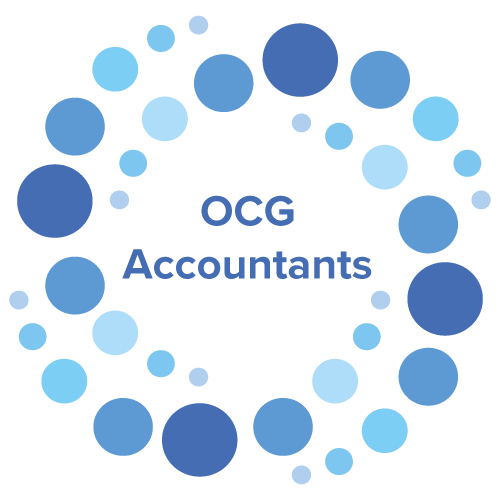Articles and Expert Opinion from the Team

Furnished holiday lets – latest update
The time to claim capital allowances on your FHL is now
As predicted, the government is still going ahead with their plans to remove the tax advantages that current furnished holiday let owners enjoy. The proposed revisions include:
applying the finance cost restriction rules so that loan interest will be restricted to basic rate for Income Tax
- Removing capital allowances rules for new expenditure and allowing replacement of domestic items relief
- Withdrawing access to reliefs from taxes on chargeable gains for trading business assets
- No longer including this income within relevant UK earnings when calculating maximum pension relief
After removal of the current tax regime, former furnished holiday let properties will form part of the person’s UK or overseas property business and be subject to the same rules as non-furnished holiday let property businesses.
Looking into more detail about how these changes will affect you we understand that:
- Businesses with FHL properties will no longer be eligible for more beneficial capital allowances treatment, but will instead be eligible for ‘replacement of domestic items relief’ in line with other property businesses — where an existing FHL business has an ongoing capital allowances pool of expenditure, they can continue to claim writing-down allowances on that pool, any new expenditure incurred on or after the operative date must be considered under the property business rules
This means is, you can still claim capital allowances on FHL properties until the end of March 2025. This includes properties that are not subject to claiming 1st year allowances (FYAs) or the annual investment allowance (AIA) – an individual or business will still be able to claim ‘pooled’ allowances so far as they still own the property and it is traded as an FHL, until they either sell the property or cease the property trading as an FHL.
- Under current rules a loss generated from a FHL property business can only be carried forward and utilised against future profits of that same FHL business — after the changes, former FHL properties will be part of the person’s UK or overseas property business as appropriate — that property business will then include the amalgamated profits and losses of all the properties in that business
- Persons may have losses to carry forward from their FHL business after repeal — losses generated from this FHL business will be permitted to be carried forward and be available for set off against future years’ profits of either the UK or overseas property business as appropriate
- Under current rules FHL properties are eligible for roll-over relief, business asset disposal relief, gift relief, relief for loans to traders, and exemptions for disposals by companies with substantial shareholdings — after the changes eligibility for the reliefs will cease — however, where criteria for relief includes conditions that apply in a future year these specific rules will not be disturbed where the FHL conditions are satisfied before repeal
- In relation to business asset disposal relief, where the FHL conditions are satisfied in relation to a business that ceased prior to the commencement date, relief may continue to apply to a disposal that occurs within the normal 3-year period following cessation
- There is also an anti-forestalling rule — this will prevent the obtaining of a tax advantage through the use of unconditional contracts to obtain capital gains relief under the current FHL rules — this rule applies from 6 March 2024
To summarise, the time to act on claiming your capital allowances on your FHL is now. To find out how you can make a claim, please contact us









